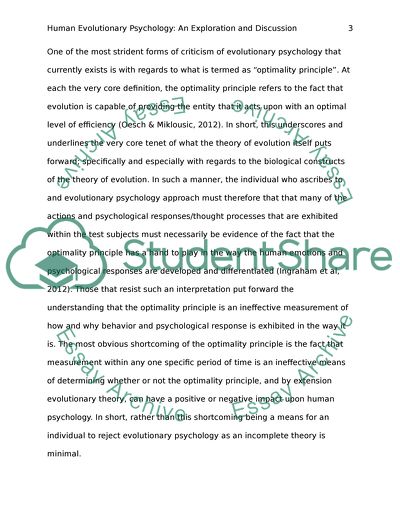Cite this document
(“Human Evolutionary Psychology Essay Example | Topics and Well Written Essays - 2000 words”, n.d.)
Retrieved from https://studentshare.org/psychology/1484646-a-defense-of-evolutionary-psychology
Retrieved from https://studentshare.org/psychology/1484646-a-defense-of-evolutionary-psychology
(Human Evolutionary Psychology Essay Example | Topics and Well Written Essays - 2000 Words)
https://studentshare.org/psychology/1484646-a-defense-of-evolutionary-psychology.
https://studentshare.org/psychology/1484646-a-defense-of-evolutionary-psychology.
“Human Evolutionary Psychology Essay Example | Topics and Well Written Essays - 2000 Words”, n.d. https://studentshare.org/psychology/1484646-a-defense-of-evolutionary-psychology.


